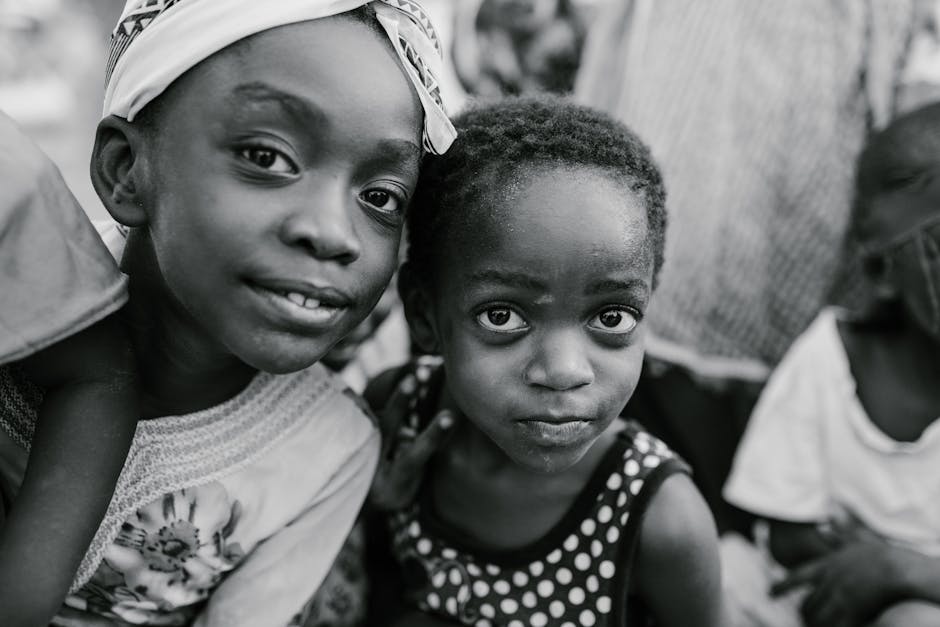
Globalization and Indigenous Cultural Preservation
Globalization and Indigenous Cultural Preservation
Globalization refers to the increasing interconnectedness and interdependence of countries through the exchange of goods, services, and information. While globalization has brought numerous opportunities for economic growth and development, it has also posed significant challenges for indigenous cultures around the world.
Indigenous cultures are characterized by their distinct traditions, languages, and practices that have been passed down through generations. They hold deep knowledge about their local environments and maintain unique connections with nature. However, the power dynamics and homogenizing forces of globalization often threaten the existence of indigenous cultures.
One of the main threats of globalization to indigenous cultures is cultural assimilation. As global markets and cultural practices become dominant, indigenous communities often find themselves pressured to adopt mainstream lifestyles and abandon their traditional ways of life. This can lead to the erosion of indigenous languages, loss of traditional knowledge, and disconnection from ancestral lands.
Efforts to counter these threats and preserve indigenous cultures have gained momentum in recent years. Indigenous communities, activists, and organizations are working tirelessly to revitalize indigenous languages, protect ancestral lands, and promote cultural practices. They are emphasizing the importance of intergenerational knowledge transfer and embracing technological advancements to strengthen cultural preservation efforts.
Global collaborations and initiatives are also playing a crucial role in supporting indigenous cultural preservation. By raising awareness, sharing resources, and celebrating diversity, these efforts are contributing to the sustainability and resilience of indigenous cultures.
Preserving indigenous cultures is not just a matter of cultural diversity; it is also crucial for the sustainable development of societies and the conservation of our planet's biodiversity. Indigenous knowledge systems offer valuable insights into sustainable practices, resource management, and climate change adaptation.
In conclusion, globalization has undoubtedly posed challenges to indigenous cultures worldwide. However, through collective efforts, awareness, and appreciation of cultural diversity, we can strive for a world that celebrates and preserves indigenous cultures. By recognizing the richness and wisdom of such cultures, we promote inclusivity, understanding, and a more sustainable future.
